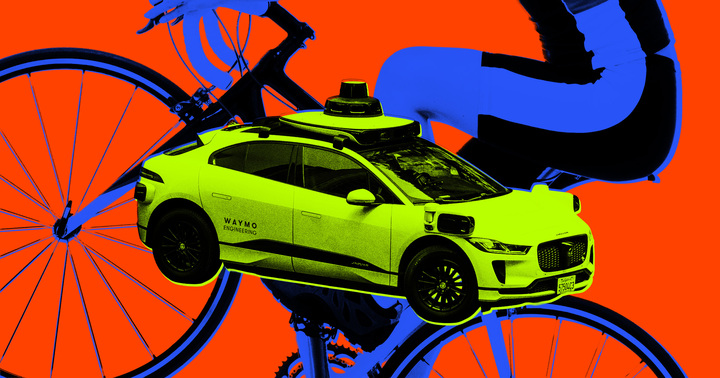
Fresh off the heels of that Waymo burning spree in the City of Angels, the Google robotaxi company is being sued for alleged safety failures resulting in a San Francisco cyclist’s injuries.
As the San Francisco Chronicle reports, plaintiff Jenifer Hanki is suing Waymo and its parent company Alphabet for alleged malfunctions in the robocab’s so-called “Safe Exit system” that led to her getting “doored” by a rider exiting the driverless vehicle while she was cycling past. The collision, which occurred in February of this year, allegedly resulted in injuries to the Hanki’s brain and spine.
According to Hanki’s California state court complaint, the autonomous cab in question not only made an illegal stop in the bike lane she was cycling in and failed to alert the passenger that someone was coming, but also resulted in her getting thrown into the air by the opening door and hitting a second Waymo that pulled into the bike lane, too.
The passengers — both of whom claimed it was their first time riding in a Waymo — were “visibly confused” by the situation and didn’t know how to report it. Both ended up shrugging the situation off and leaving, while onlookers called the 26-year-old woman an ambulance.
The lack of human drivers, as Hanki told the Chronicle, only “exacerbated the chaos.”
“Unlike Uber, Lyft, or taxis, where drivers actively monitor traffic and often lock doors or guide passengers to exit safely, Waymo’s system fell short significantly,” Hanki said in a statement to the newspaper. “There was no alert issued in the illegally parked car as according to the passengers.”
“Human drivers prevent accidents every day by assessing real-time risks, something Waymo’s ‘Safe Exit’ system clearly cannot handle,” the statement continued. That system is “supposed to be designed to detect nearby cyclists and pedestrians and notify disembarking passengers to avoid collisions.”
Along with sustaining a brain injury, Hanki also said that she suffered spinal and soft tissue damage, and has been out of work and afraid to ride her bike since the February collision.
Hanki insisted that she’s not completely opposed to self-driving vehicle technology, but given her experience, she’s troubled by the “gap in accountability” for Waymo. Indeed, the company has not only continued to operate in SF despite its tendency to clog up the city’s streets, but has also spread to Los Angeles and Austin, Texas.
With Waymo seeking to expand to New York City, it’s worrisome that this sort of thing is still happening with the company’s robotaxis — and that the powerful people who could pump the brakes seem to have little interest in doing so.
More on Waymo woes: Passengers Alarmed as Self-Driving Car Kidnaps Them, Refuses to Let Them Exit